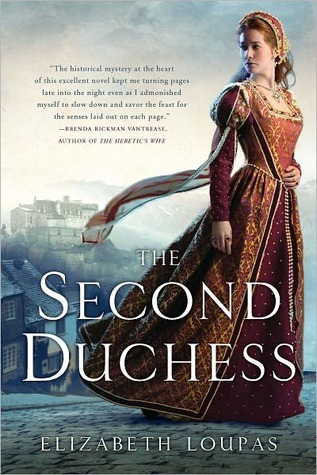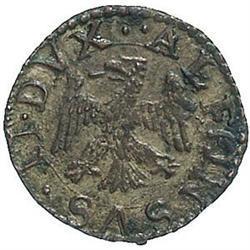What do you think?
Rate this book


402 pages, Kindle Edition
First published March 1, 2011
"I kept my eyes down as long as I dared, for the satisfaction of rebelling against him in one small way."
"His pride was like a polished shield, deflecting understanding, hiding the thoughts and feelings and human things — or inhuman things — that lived beneath it."


"Be happy, pretty puppies. Be happy, book-reading Barbara."
"His reaction had been nothing but pride, of course--his self-importance had been stung by his friend's open contempt for the Duchess of Ferrara, and at the same time he had been gratified by that lady's dignified response. The humiliation of Barbara, a living and breathing woman, his wife, was nothing to him."
I am... indescribably impressed by this novel! And, I will confess, genuinely surprised. When I picked it up I thought it would be a fairly run-of-the-mill historical, elevated a little by the fact that it's based around my FAVOURITE poem ever, Browning's "My Last Duchess", but nothing to write home about. But it's actually a brilliantly subtle, wonderfully characterised page-turner of a mystery with a really original and brave interpretation of the historical and literary record, and I can't recommend it highly enough. The rest shall go under a cut because I really don't want to spoil it!